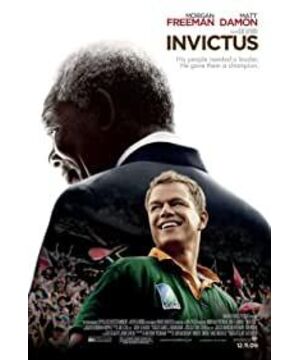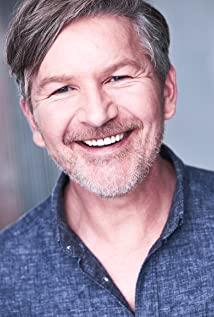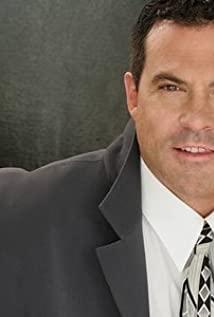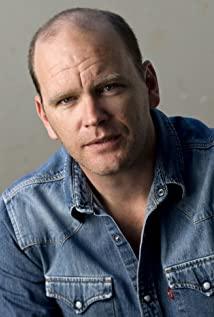"It Happens" is a biographical film produced by Warner Bros. Pictures in 2009, which tells the story of South African President Nelson Mandela and national rugby team captain François Pinar during the 1995 South African Rugby World Cup. A story of unity once again in South Africa, which has just emerged from apartheid and faced division.
At the beginning of the film, the picture presented to us is that the sports are black and white (whites can receive professional football training on the standard field, while blacks can only play football on the dirt to entertain themselves), between black and white, being The convoy of Mandela, who was released from prison, drove by slowly, and received unanimous attention from both black and white. They stopped what they were doing and cheered or stared at the roadside.
Mandela, who had just finished 27 years in prison, succeeded in his campaign for the presidency of South Africa, but what he took over was a mess: the country was black and white and divided into hierarchies, white government employees and black government employees hated each other, and whites were against Mandela's next Governance expresses panic, black people express revenge on all whites... The whole country faces the risk of political division, racial hatred and economic collapse. As the country's first black president, what will he do?
Mandela, who was imprisoned by the white government for 27 years, did a lot of things that his black compatriots could not understand after he was elected president: hired white guards, retained white employees of the government, banned blacks from counterattacking whites, and used his own The broad mind has written off these 27 years of suffering. In other words, after these 27 years of hard work, Mandela has transcended the boundaries of race, and everything he has done is to safeguard his motherland, whether it is white or black. Citizens of this country, he is responsible to them.
Another line of the story is the preparation and hard work of the South African national rugby team, the Springboks, for the South African Rugby World Cup. Carrying the colors and team names of South Africa's apartheid period, the black community in South Africa is full of hostility and hatred for this team, and the Sports Association voted unanimously against this team on its first day in office. But Mandela gave up the economic meeting and went directly to the meeting venue to stop this act. Naturally, this behavior was not understood by the black compatriots. Only 13 votes in favor deeply reflect the huge rift between races in this country. , a rift that appears to be irreparable by a single national leader.
In the movie, he did the same, in reality, he tried to prevent apartheid and build a rainbow-colored South Africa. When Pinar took the championship trophy from Mandela, the fusion of black and white races stepped out of history. a sexual step.
However, spanning decades to today, the legacy of apartheid in South Africa is far from being eliminated: Cape Town, Johannesburg and other big cities are surrounded by slums, similar to the "shanty towns" that appear in this film. In comparison, the slums in reality are more crowded and dilapidated. The people living in these slums are all black-skinned brothers. The crime rate and unemployment rate are rising. South Africa has been excluded from the developed country sequence. These problems still exist. Some people use this fact to criticize Mandela, but this kind of hindsight remarks are really unacceptable. Without Mandela's efforts, South Africa may have been divided into n countries by wars like the Middle East or Sudan, and may have been in dire straits. "Thank you, Mr President, for all you have done for South Africa!"
To conclude with a quote from Mandela in the film:
"I am the master of my fate,
I am the captain of my soul.”
View more about Invictus reviews











